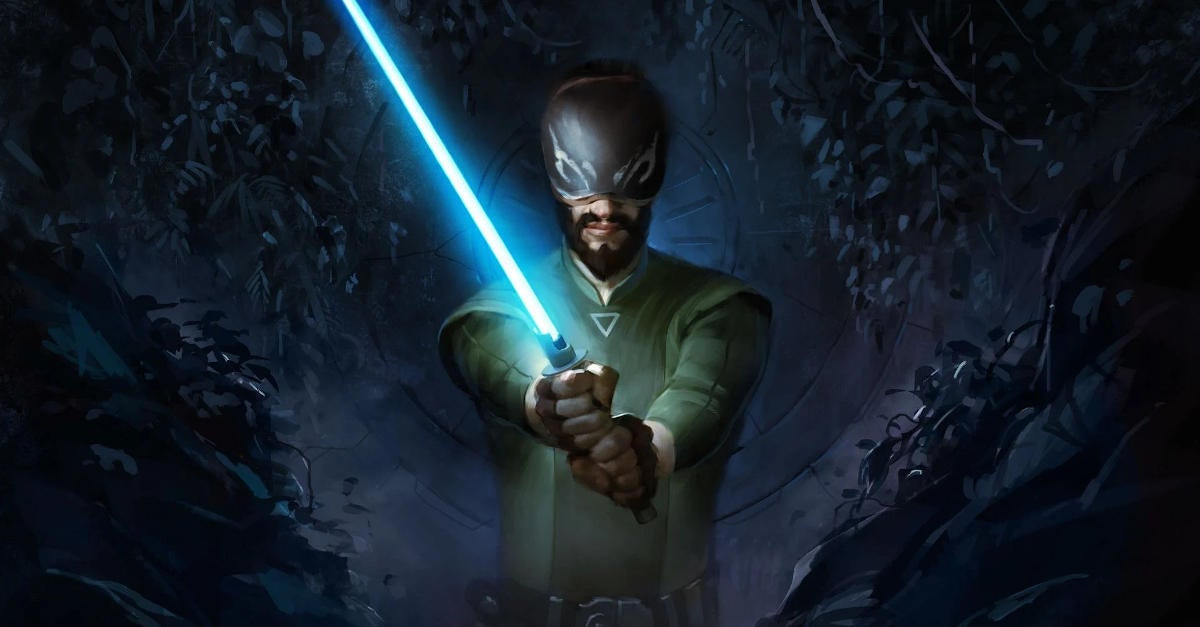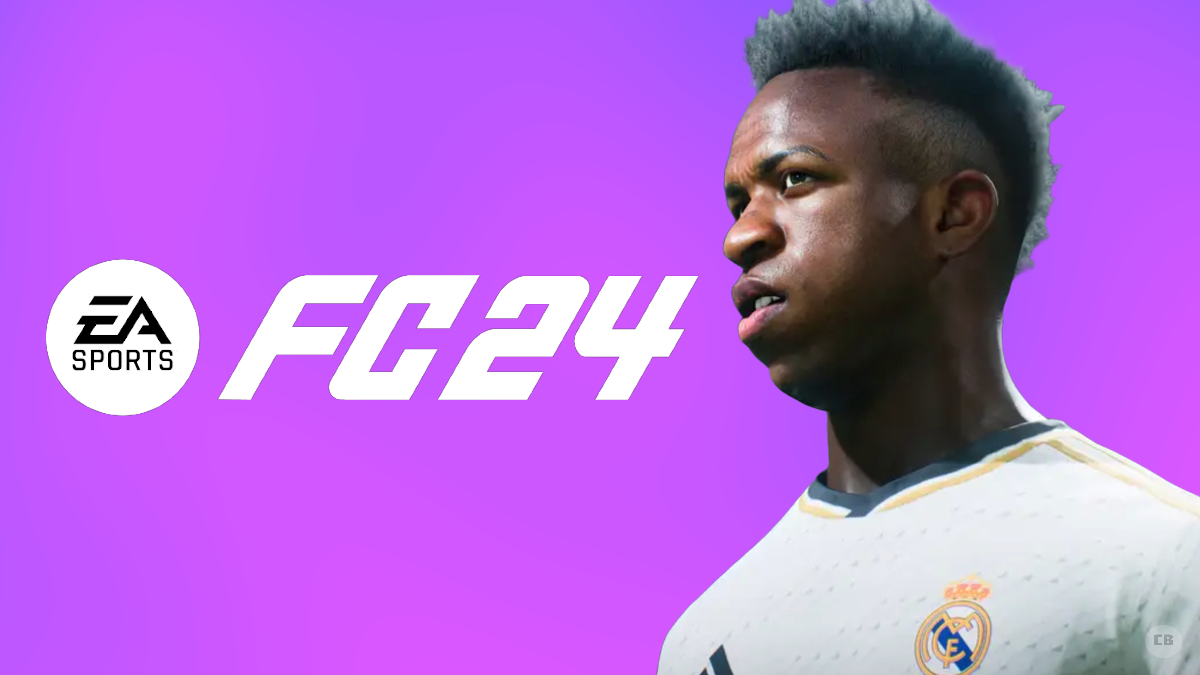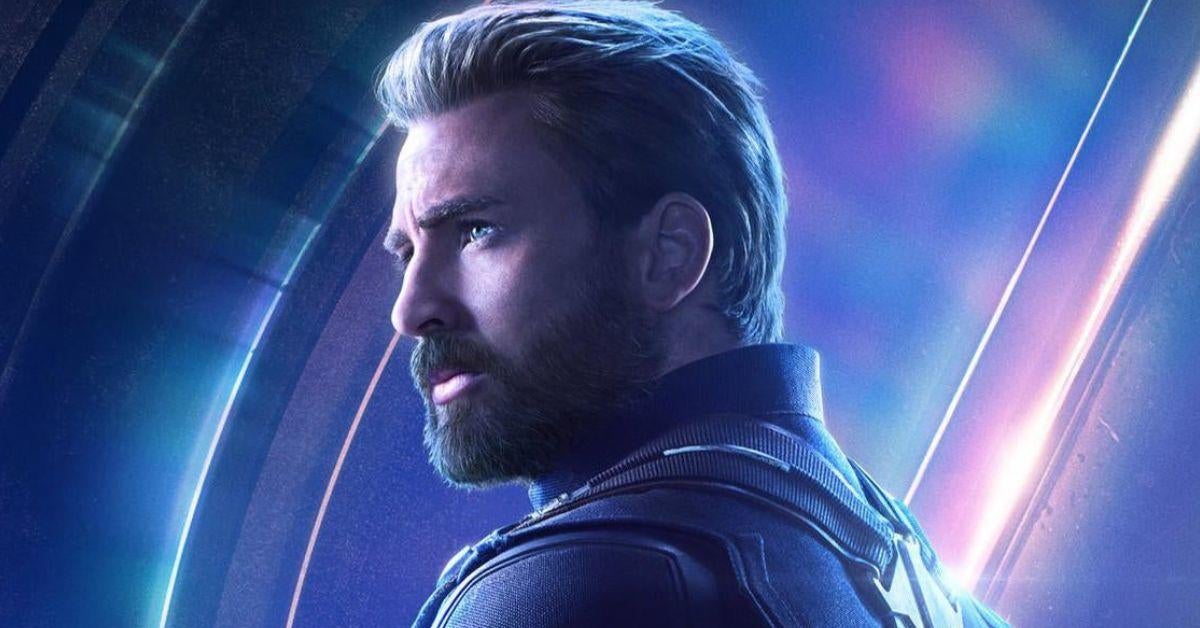SaGa Series Producers Reflect On the Past, Present, and Future of the Long-Running JRPG Franchise
Square Enix's SaGa series has been pioneering JRPG innovations for over 30 years. Akitoshi Kawazu, [...]
Square Enix's SaGa series has been pioneering JRPG innovations for over 30 years. Akitoshi Kawazu, who had previously worked on the first two Final Fantasy games, created the series for Game Boy in 1989, with its first three games released as under the Final Fantasy Legend title in the West. After that, it would be seven years before another SaGa game, this time under its original title, made its way to North America, with SaGa Frontier becoming a cult classic then and recently being re-released in stellar remastered form for modern consoles. Over more than three decades, SaGa has sold more than 10 million games worldwide.
Things are only looking brighter for the SaGa series. As of 2019's Romancing SaGa 3 re-release, the entire trilogy of SaGa games from the SNES era, once unavailable to English-speaking fans, is now officially localized. Those original Final Fantasy Legend games are now playable on Nintendo Switch thanks to the Collection of SaGa: Final Fantasy Legend compilation. The franchise has also made its way to global mobile gaming with Romancing SaGa Re;univerSe.

With so much happening for the SaGa series lately, it seemed like a good time to chat with three of the people most responsible for guiding the franchise: creator and general director Akitoshi Kawazu and producers Masanori Ichikawa and Hiroyuki Miura. ComicBook.com spoke to all three over Zoom (with a Square Enix-provided translator) about what defines the SaGa series, its most recent releases, and what the future holds.
SaGa Frontier was released in the United States in 1998 and gained a cult favorite status, but gaming has changed a lot in the intervening years, as have Western gamers' expectations. How has the reception for SaGa Frontier Remastered in the market compared to the original SaGa Frontier release?
Akitoshi Kawazu: To be completely candid, I don't really remember how the reception was back when the original was released, but I do vaguely remember the fact that people were talking about how it's a little bit of a quirky game, something that's a little different than the typical RPGs that are seen on the market.
One of the big additions to SaGa Frontier Remastered is that Fuse's scenario is now playable. It answers some of the lingering questions about the game, like what happened with Blue/Rouge after the final boss battle and the mask's origin in Emelia's scenario. Was answering those questions the primary goal for completing that scenario?
AK: For the Fuse scenario, just going back to the original, that Fuse scenario was actually supposed to be part of that original game, but we weren't able to include it back then. So when we got to the point where we said, "Okay, let's make a remastered version of this," it was just a given that that part of the story, which we weren't able to include the first time around, would be included to supplement the whole story.
And then, as for the actual content, the scenario was handled by Mr. Benny Matsuyama, and he really took this from a fan's perspective where he was aware of a lot of the lingering fan questions and what kind of storyline the fans were looking for. So he was able to really look at it from the perspective of fans and able to create these scenarios to supplement what was missing in the original. So he essentially was able to create something that would please the fans.
So with that, what ended up being included in the game wasn't initially what we had envisioned wholly, but because of Mr. Benny Matsuyama's visions in following up with the scenarios that were in the original, this is how it turned out.
One of the things that struck me about playing SaGa Frontier Remastered was how much the Realms felt like a Dungeons & Dragons campaign setting and how much more could be explored in that universe. Have you ever considered returning to one of the worlds of a past SaGa game for a direct sequel or spinoff, something like what's been done with certain Final Fantasy games in the past?
AK: From a game producer, productions standpoint, of course, that world-building, the world itself, is important, but also the game system, the game design itself is just as important as well, and I feel like that goes hand in hand. We can't have a standalone game system without having that lore or the world itself. So from my perspective, it takes the fun out of game production when we're trying to create a new game system for an existing world, if that makes sense. And I also feel that creating that sort of spin-off would take the fun away from fans who might be looking for a completely new experience, including a new world as well.
But that being said, we've gone through many titles, many entries in the series, so we do already have a lot of existing world lores, as well as various systems or designs that we've created. So maybe somewhere down the line, there might be a new creator that comes along that decides to use those existing assets to create a spinoff, who knows? But that being said, if that were to happen, that probably wouldn't happen for another 10 or 20 years.
In addition to SaGa Frontier Remastered, Square Enix also released the Collection of SaGa: Final Fantasy Legend, remastering the original three SaGa games for the Nintendo Switch. Both remasters feature significant quality of life upgrades to these classic games, from speeding up combat to a freer save system. What's it like trying to balance fidelity to the original games and accessibility for modern gamers?
Hiroyuki Miura: In terms of how we approached this is that as a basis, it has been thought that remasters usually just retain how the original was back then. But how we approached it this time was trying to incorporate these QOL improvements in a way that would be optional, something that the players could choose to apply or not. So looking at battle speed, that is something people can choose to speed up or keep it with the original.
So that is how we approach the game design with these titles. This way we can please the fans that like to play as it was in the original, retaining that gameplay sensation that they enjoyed back in the day, but also catering towards those new, modern players that want to play it differently, something that fits into their lifestyle. So we try to pose options to cater to both parties.

The SaGa series has been ongoing for 30 years now. What do you think continues to set it apart from other long-running series in the JRPG genre?
AK: One underlying theme or philosophy that we have is that we're very particular on making these role-playing games, going back to the essential meaning of it where we see very much in tabletop games is where players are able to represent themselves, present themselves through these games. So we felt it was important to be able to depict that within the video games that we created.
When we're going into specific systems for each of these games, of course, there were certain limitations that came with the hardware or platforms that these games would be developed for or different trends that we would have seen back in the day. So when we go back to a specific game, of course, we'll see different trends for each, but just as a blanket theme that we have, it's definitely that we're bringing that role-play element to the forefront for people to enjoy.
Were there particular challenges bringing that philosophy to mobile gaming for Romancing SaGa Re;univerSe?
Masanori Ichikawa: With it being a mobile title and with it being a free-to-play game, there were certain limitations that we had. So we really did put in a lot of thought into how we could bring that fun, interesting element of the SaGa series adapted into this. And just looking at the scenarios side of things, there were a lot of different stories that would have been difficult to portray, within a mobile title's limitations, from the Romancing SaGa storylines.
So what we decided to focus more on was the battle element and the character enhancement element of these games. And we do feel that even with these limitations that we have with a free-to-play game, we are taking on various challenges. So things that we try to incorporate are such things as for characters that we've enhanced and then newer better characters may be introduced into the game, we try to make sure that characters that players would enhance before would not go to waste. So a system where people could carry over the efforts that they put into past characters or units, and then you also try to make sure that it didn't end up being a pay-to-win game.
And we also try to make battles challenging. So there might be instances where people may not be able to complete or beat some of these battles, which is somewhat rare in mobile games. So what we try to do is incorporate those things that are not usually seen in a lot of mobile titles, try to differentiate it from the other titles in the market, which I think is one of the reasons why the title has become a big hit in Japan and overseas.

What can you tell us about the future of the SaGa series? Are you focusing on the mobile side of things and remasters? Has there been a discussion about a new console installment?
MI: We have no intention of putting all of our emphasis on, let's say, like a mobile game Romancing SaGa Re;univerSe or just keep doing remastered titles. What we currently have is four pillars in this series, one being that mainline title pillar, the latest one being SaGa: Scarlet Grace Ambitions, which was released about one or two years ago. So first, we have that pillar and then the second pillar being these remasters. This is a way for us to make past titles accessible on modern consoles. And then the third pillar is mobile, so we have our free-to-play Romancing SaGa Re;univerSe. And then the fourth pillar being various events or collaborations that we've been doing, such as orchestral concerts or some SaGa collaborations.
So we don't have any plans on putting emphasis on any certain pillar. We want to balance these four, utilize them all equally, just because we feel that is what the fans are looking for. This is something that we can do to please the fans, so currently, that's how we're approaching things.
There may be ideas of remakes floating around. Unfortunately, I can't go into any details at this moment, but as mentioned earlier, with these four pillars with the main title, the remake, the free-to-play mobile, and then the events and collaborations, we're trying to expand our series into the global market as well.
****************
Collection of SaGa: Final Fantasy Legend is available now for Nintendo Switch. SaGa Frontier Remastered is available on Nintendo Switch, PlayStation 4, Windows PC, iOS, and Androids devices. Romancing Saga Re;univerSe is available for iOS and Android devices.




